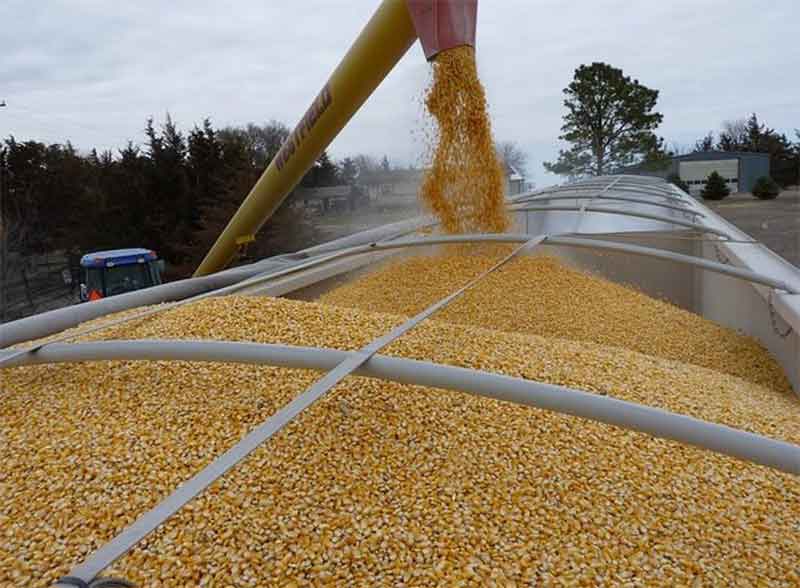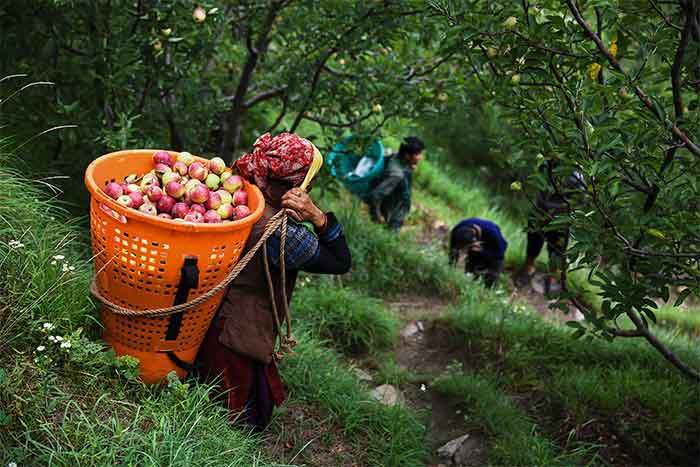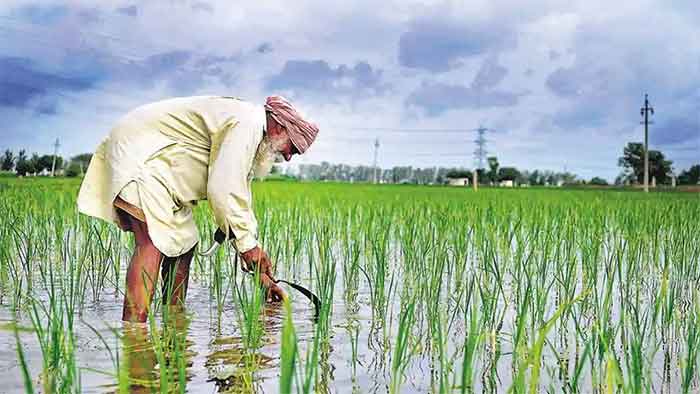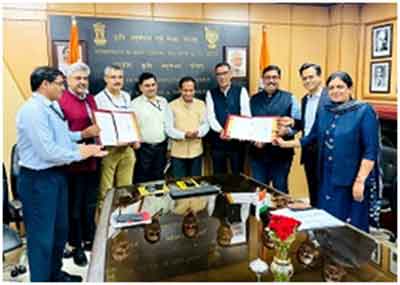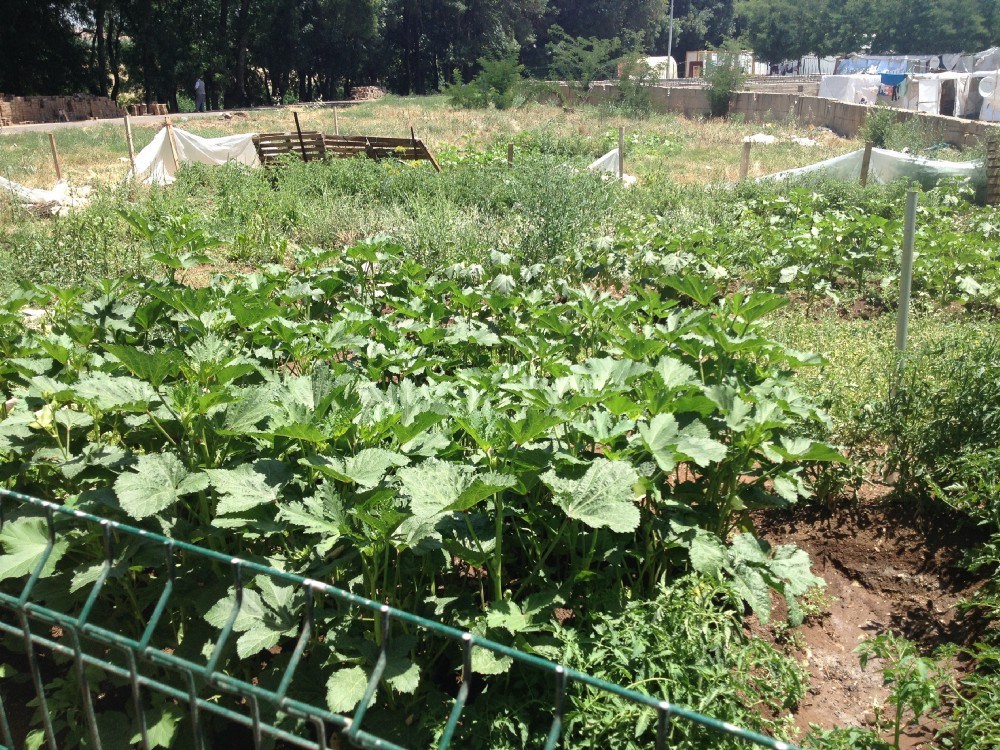
Ignorance can be the best escapism, but if we are cognizant about the history of agriculture and the morphology of earth, we will know that a spectre haunts the living today. The spectre of science in proliferating scientificity and genealogy of knowledge on food production haunt us today.
Food for self is transformed into food for others under the realm of business and surplus accumulation. Remembering the geographer David Harvey’s magnum opus on accumulation by dispossession regenerates the spirit of Marx’s primitive accumulation to understand the nexus of two independent identities of land, labour and ultimately the colonization of both.
Food is something that has a cultural hegemony on living beings. We all want it, there is a denial of it, there is business happening, there is politics happening because of it. Primitive accumulation has led to the metamorphosis of the food from being a need to being a need for industry. The food and agribusiness industry today lingers around the soul of neoliberalism, corporatization and industrialisation.
When there is an overproduction of any good involving surplus, capital and labour accumulation there is a factor of harm involved in it, a prognosticate that can be drawn from history. This harm occurs because of the invisible thin line drawn between illegal and legal anthropocentric activities related to food such as exploitation of labour in the food industry, food adulteration and deception of food calibre.
Justice to human plight is sought from the human-created institution of law. Law in terms of food-related harms often flunks to render protective working conditions for farmworkers or cornering the false consciousness prevalent among the mass of acquiring healthy food. And thus behind this subterfuge, it’s the agribusiness and food companies that rejoices a moment of pleasure.
This can be explained by how food-related harms are induced within the farming practices and the impact of capitalism on farming which juxtaposes the impact of primitive accumulation of farming lands and their fertility, accumulation by dispossession of farmers autonomy by the culture of mono cropping and GM seed companies.
Food industry and slavery in America
The animating force of labour is induced into human history since time immemorial, so is slavery a part of the history of agricultural production. The cocoa industry in America during the European colonialism flourished under the undecipherable veil of slavery. The idealism of European trade expansionism was implied by the exploitation of land and resource, therefore to manifest this idealism there was a demand for labour, and the cocoa industry was no exception on this.
During the initial kick-off, the eye on labour was sufficed by the indigenous American population but this led to certain catastrophes when these populations were introduced to various diseases of which they weren’t immune to, perhaps leading to substantial population diminution. Therefore the alternate solution to meet the demand gave an eye on to the former and source of slave workers, Africa.
Slavery was a new normal back then which was approved and backed by forces such as Pope and the Catholic Church for the non-Christian people. This continued till 1965 when the church became partisan towards the obligation of inhumanity. And it was up to 1840 that slavery was considered illegal in England.
The cocoa industry expanded to its optimum in the due course of time till eradication of slavery became a convention. This was a splendid hour for romanticising of companies like Cadbury, Mars, Hershey, Rowntree, Fry and Lindt. The epoch saw the growth of cocoa production as well as the movement to abolish slavery. And in the midst of this the Harkin- Engel Protocol came up that obstructed corporates for stimulation of child and forced labour. Though slavery got recognition as an unlawful act by law, still these forms of labour haunt humanity till date.
The ghost that frightens traditional farming
Late 20th century marked the occasion of rampant increment of the worldwide network, which flourished under the consolidation of capitalist’s fiscal exponent, under the management of enhancing technocracy and scientific yield, competitiveness beneath the minority positioning of farmers in the agrarian domain.
The genetically modified crops that were created to boost food production were embedded by the patent laws. These GM seeds were procured from corporate institutions like Monsanto, Syngenta, Du Pont and Bayer into different parts of the world. The laws had the synergy of using the seeds only once in a season with entering into strict contact with the corporations by the farmers and there were various sanctions for failure of obligations.
Fines became the future of some farmers who innocently grew genetically modified crops without entering into contracts. Thus, farmers dispossessed from their autonomy over their ability to choose seeds felt as contract farmers, and unable to make an independent decision concerning farming.
The financial crisis of 1980, the birth of contract farming did nothing rather than to add more to the plight, and also giving opportunity for proliferating financial powers of corporates. The elites with bucks, the owners of mega enterprises expanded their sucking tentacles into the financialization of the economy, controlling liquidity in the market considering the demand and price level, creating game plans and sometimes a vacuum of crisis. The immense amount of money which was accumulated by the elites was the product of accumulation by dispossession and not out of growth.
Farmers increasingly becoming rural landless and falling under the tentacles of mono farming sparks the enigma induced in the Indian state of Jharkhand’s Palamau where the rampant eucalyptus plantation to meet the growing demands for the agribusiness companies robbed the villagers of food, water, fuel and means of endurance. Adding more to the devastation the following plant sucked up water to an extent that it led to chronic water scarcity in regions where the plant was grown.
Now the question is which class of people benefits from the industries connected with eucalyptus farming, it is defiantly not the poor and the downtrodden.
Theft of resource and environmental transformation is the product of accumulation by dispossession and the credit system is adding fuel to this dispossession by dialectically accumulating the dispossessions of the poor. Farmer suicide and a divorce between farmers from their lands, a divorce that is constructed through exhausting and fading away of farmers autonomy to their land where they live and their lack of decisive ability in what is raised and for whom, a divorce that is a product of harm that no law acknowledges can be totalled to David Harvey’s pessimism.
Bijit Das Dept of Sociology, Dibrugarh University, Assam
SIGN UP FOR COUNTERCURRENTS DAILY NEWSLETTER


